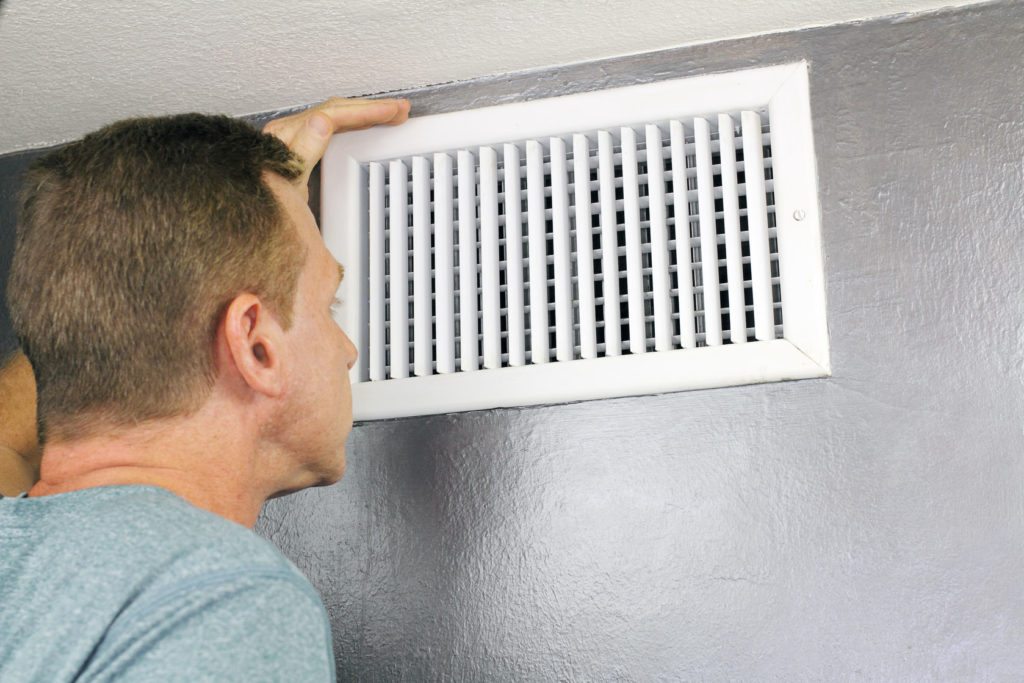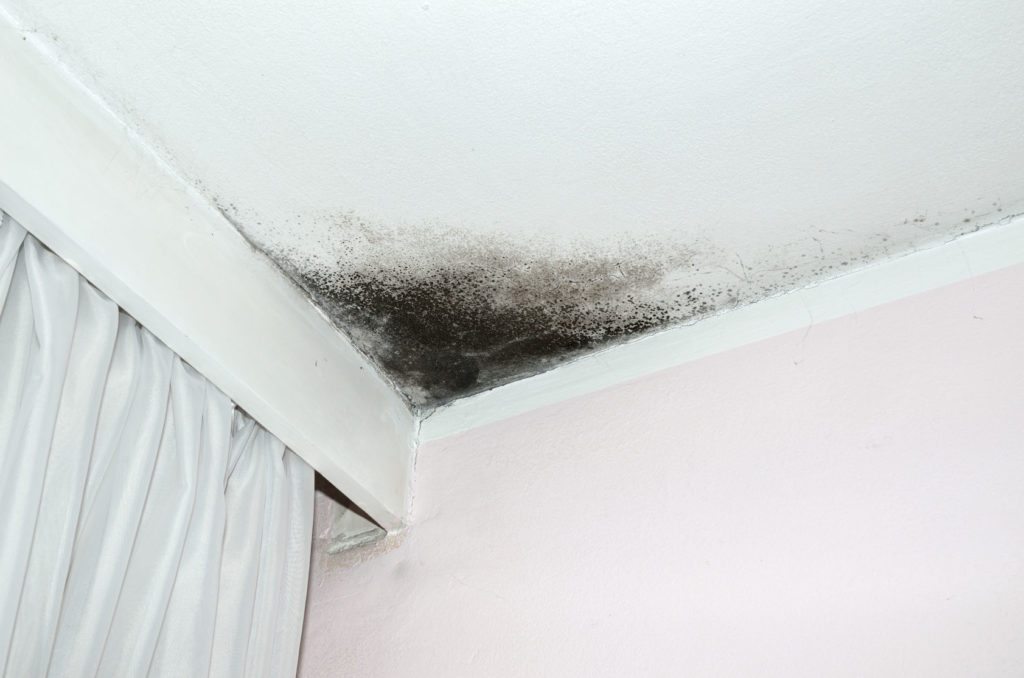Dangers of Indoor Air Quality
 Indoor air quality (IAQ) is a term referring to the air quality within your home especially as it relates to the health and comfort of your family.
Indoor air quality (IAQ) is a term referring to the air quality within your home especially as it relates to the health and comfort of your family.
IAQ can be affected by:
- Microbial contaminants (mold, bacteria)
- Gases (including carbon monoxide, radon, volatile organic compounds)
- Particulates
- Any other mass or energy stressor that can induce adverse health conditions.
Indoor air is becoming an increasingly more concerning health hazard than outdoor air.
Improving Indoor Air Quality
Primary methods for improving indoor air quality in most homes and buildings are:
- Using ventilation to dilute contaminants
- Air filtration
- Humidifiers
- Source control
Determination of IAQ involves the collection of air samples, monitoring human exposure to pollutants, collection of samples on building surfaces and computer modeling of air flow inside buildings.
Molds and Other Allergens
These biological chemicals can arise from a host of means, but there are two common classes:
- Moisture-induced growth of mold colonies
- Natural substances released into the air (such as animal dander and plant pollen)
Moisture buildup inside homes may arise from:
- Water penetrating compromised areas of the homes envelope or skin
- Plumbing leaks
- Condensation due to improper ventilation
- Ground moisture penetrating a part of the home.
 In areas where cellulosic materials (paper and wood, including drywall) become moist and fail to dry within 48 hours, mold mildew can propagate and release allergenic spores into the air.
In areas where cellulosic materials (paper and wood, including drywall) become moist and fail to dry within 48 hours, mold mildew can propagate and release allergenic spores into the air.
All Temperatures Controlled, Inc offers Honeywell IAQ products that will remove up to 99.97% of all particles in the air.
Along with thermostats, humidifiers, and ventilation systems Honeywell offers a line of products to meet all your IAQ needs.
Please call to schedule a free equipment estimate or to get your IAQ questions answered.







